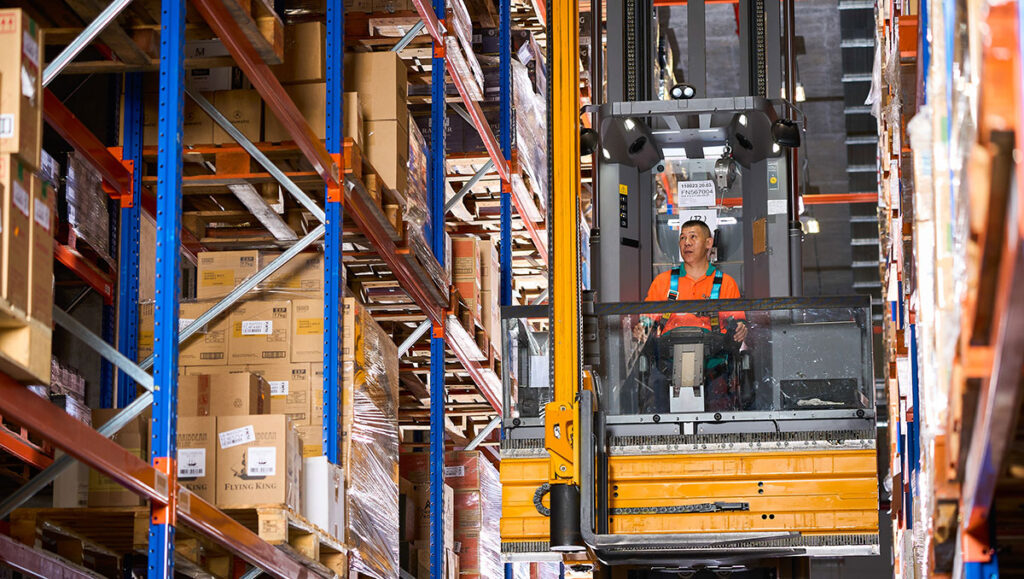In the fast-growing field of artificial intelligence, as well as machine learning, the effectiveness of any algorithm is dependent on the high-quality data it is based on. The key to this is data labeling. It is the process of labeling data so that algorithms can gain knowledge from it. Data labeling companies play an essential part in the ecosystem and ensure that models for machine learning are based on reliable and clean data. It also provides contextually rich data. This is the foundational process that determines if an AI model develops into a powerful instrument or is a flawed one.
What is Data Labeling?
The process of data labeling involves the method of identifying raw data (images, texts, videos, images, etc.) and then adding one or more useful labels to give information to a machine learning model that can be taught from it. For example, when you have a set of pictures, labels may specify whether the photo contains either a dog or a cat, or neither. In a customer review data set, labels could classify the review’s tone as negative, positive, or neutral.
Annotations are the basis for supervised models that rely on clearly labeled examples in order to provide accurate predictions. Without accurate data labeling, even the most sophisticated algorithm cannot discern patterns or apply learned logic to fresh, undiscovered data.
The significance of a Specialized Data Labeling Company
A lot of companies do not have the internal capacity and scale needed to label information effectively and precisely. This is why the help of a labeling service can be a huge help. These companies specialize in annotating data with a high level of precision and speed. They employ experienced annotators, quality-assurance procedures, and scalable infrastructures to handle massive amounts of data in diverse industries like finance, automotive, healthcare, and retail.
Knowledge and training
One of the benefits when working with a reputable data labeling business is access to highly trained annotators who comprehend the complexity that comes with labeling data. They are proficient in specific annotations for domains, ensuring that legal, medical, or technical data is properly identified. They also undergo ongoing education to remain up-to-date on the latest norms and practices for data annotation.
Flexibility and Scalability
AI projects usually start small, but will require large amounts of data labeled as they grow. Data labeling companies can handle these growing demands quickly. Their flexible workforce and scalable processes allow for rapid growth in data processing, without any compromise in quality. If it’s annotating millions of images or tens of hours of videos, these firms can adjust to the changing needs.
Advanced Technology and Tools
Modern companies that label data use sophisticated annotation platforms that come with features that include automated labeling assistance as well as live collaboration in real time, audit trails, and customized workflows. These tools increase the speed and accuracy of labeling while offering solid oversight to ensure that labels are in compliance with strict quality standards. Furthermore, many companies utilize machine learning to label data and have human annotators confirming and adjusting the outputs, making use of the effectiveness of automation and the trustworthiness of human judgment.
Quality Assurance and Consistency
Consistent data labeling is essential to modeling performance. A reliable company for data labeling employs several layers of quality control, which include peer review, spot check, as well as a consensus-based scoring system. They follow precise guidelines and standardized procedures to limit subjectivity and provide consistency across the entire dataset. It is the result of well-annotated data that allows for effective modeling and validates models.
Cost-Effectiveness
The outsourcing of data labeling to a specific provider can also be cost-effective. It lets organizations focus their internal resources on work while relying upon external experts to prepare data. This does not just reduce overhead but also speeds up the time to develop and gives companies a competitive advantage in the deployment of their AI solutions more quickly.
Allows Ethical AI
The problem that bias is present in AI models is an increasing worry. Data labeling companies are a part of combating this risk by including diverse perspectives in their annotation teams and adopting an inclusive approach to practices for data practices. By curating balanced data sets and ensuring that they have a fair representation of diverse backgrounds and perspectives, these companies aid in fostering ethical AI development.
Use Cases Across Industries
- Healthcare: Annotation of medical images as well as patient records or diagnostic documents, to create AI to detect disease and monitor patients.
- Autonomous vehicles: The labeling of sensor information, video, images, and pictures to facilitate the detection of objects, planning for paths, and predicting behavior.
- Commerce and retail: Categorizing products, studying customer feedback, and recommending them to the customer.
- Financial: Recognizing fraud-related patterns by analyzing transactions and processing financial documents that are not structured.
Each of these applications demands special expertise and uniform labeling standards that a labeling business for data is equipped to offer.
long-term collaboration and integration
The relationship with a labeling company for data isn’t just a one-time transactional one. A successful AI development usually requires a long-term relationship. The companies work with their clients to help them understand the objectives of the project, develop the labeling guideline, and continually increase the quality of output. They are an extension of the client’s team and are included in the development process.
Conclusion
In the end, the effectiveness of machine learning models is indisputably related to how well they are able to use their data for training. Data labeling companies serve as the foundation of this process by providing the experience, flexibility, and accuracy needed to correctly annotate data. Through making it possible for AI machines to gain knowledge from highly labeled data sets, these companies help organizations to fully exploit the possibilities of machine learning. Their contribution is not only technological but also strategic, influencing how we think about the future of AI by ensuring that they follow ethical, thorough, and ingenious methods of data annotation.



























